9 fruits and vegetables that help reduce bloating
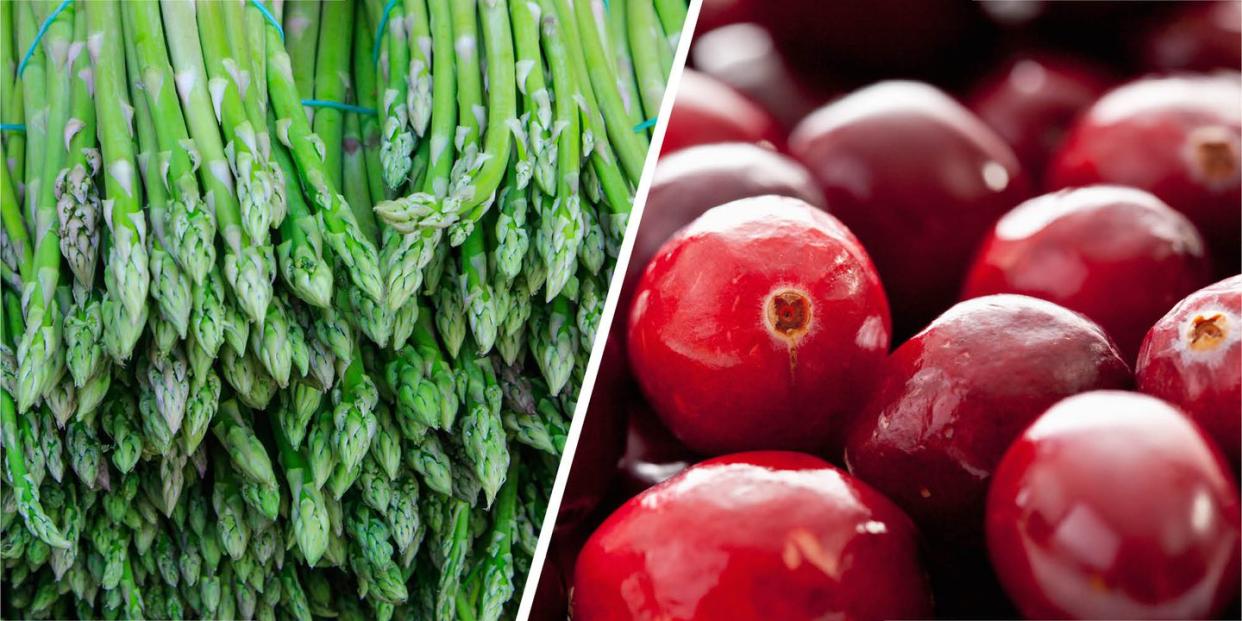
If you suffer from bloating after a salty meal or from monthly hormonal fluctuations, you'll want to become familiar with diuretics.
Diuretics help your body get rid of salt and water mainly by stimulating your kidneys to release sodium into your urine. Water is then pulled from your blood to concentrate the sodium levels.
That produces more urine and decreases the amount of fluid flowing through your blood vessels, providing relief from water retention if you're suffering from oedema, high blood pressure, and other conditions where chronic water retention presents an issue.
Happily, natural diuretics can offer relief from water retention and bloating without taking any pills.
"In general, veggies and fruit are high in water and potassium (and some are higher in magnesium and calcium), which can help to offset the constriction of your blood vessels that make you feel bloated when you’ve had excess sodium," explains Jaclyn London, MS, RD, CDN, Nutrition Director at the Good Housekeeping Institute.
"Choosing foods like grapes, celery, watermelon, other types of melon, cherries, apples, grapefruit, oranges and lots of leafy greens is automatically your best bet for feeling better, faster. While no single food in isolation is ever a miracle cure, making sure to add more of these foods to your day will set you up for greater success."
Here are nine natural diuretics to try...
1. Asparagus
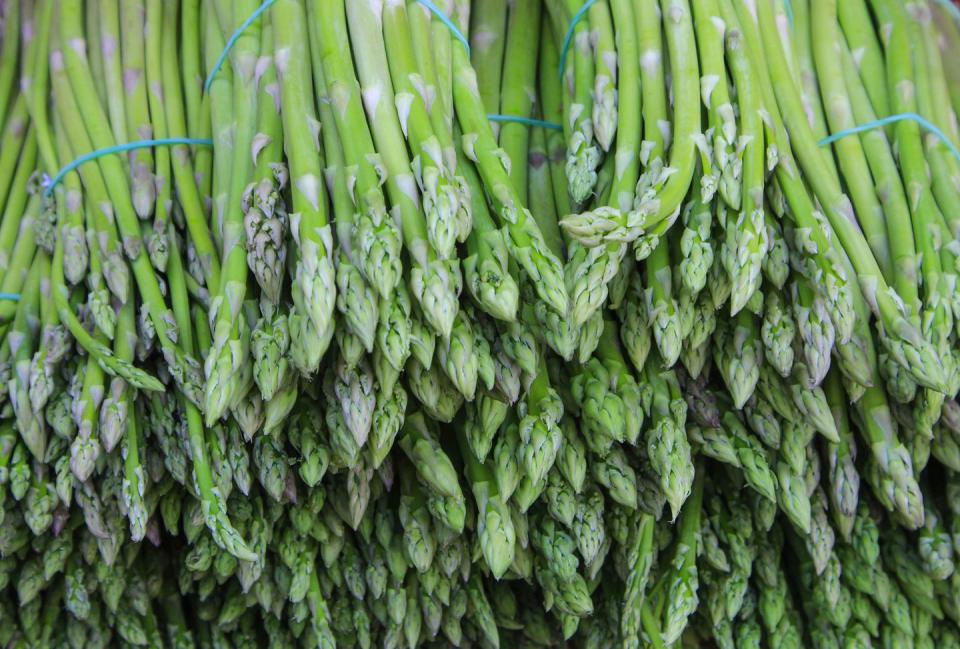
From the time of the ancient Greek and Romans, asparagus has been used for its diuretic properties. The vegetable’s diuretic effects come from the amino acid asparagine and has been used to treat swelling, rheumatism, and premenstrual water retention. The distinct smell of urine after eating asparagus comes from asparagusic acid, which is broken down into a sulfur-containing compound when digested.
2. Beetroot
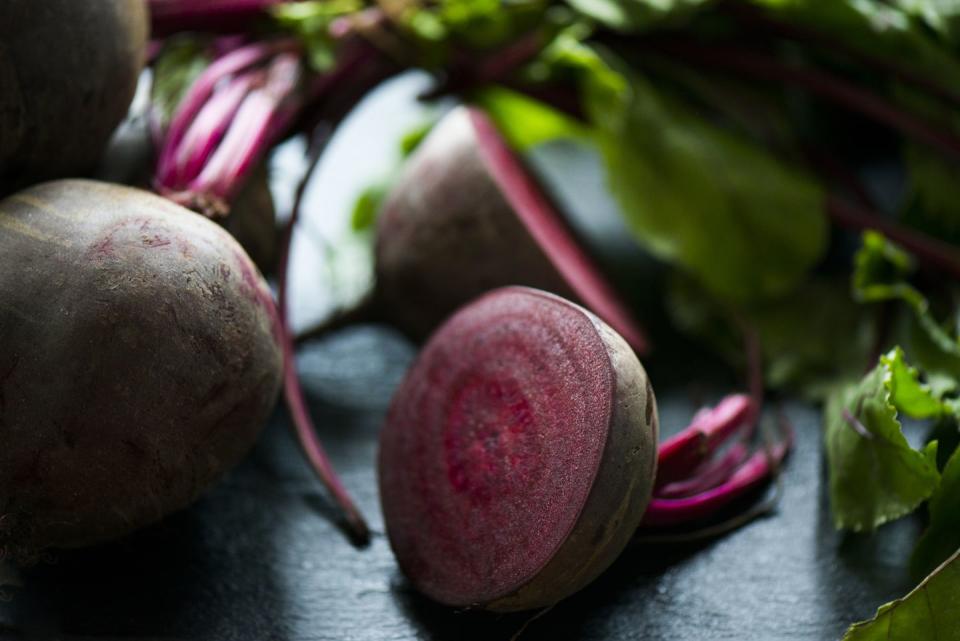
Beetroots are high in potassium, which helps eliminate fluid. Betanin, which gives beets their colour, has been associated with lower levels of C-reactive protein, making beets an anti-inflammatory as well.
3. Cabbage
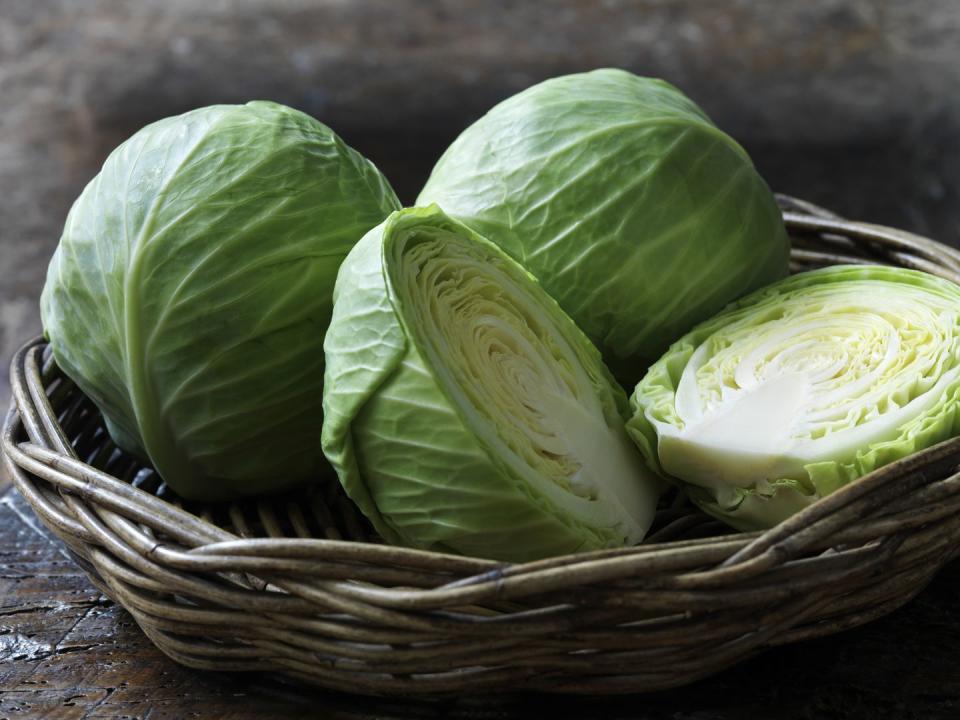
Cabbage can help reduce water weight. The popular 'cabbage soup diet' deploys the diuretic properties of cabbage, along with its high fibre and water content to support weight loss. The Romans used cabbage for hangovers and to help alcoholics 'dry out'. Red cabbage is also an anti-inflammatory because it contains anthocyanins.
4. Celery
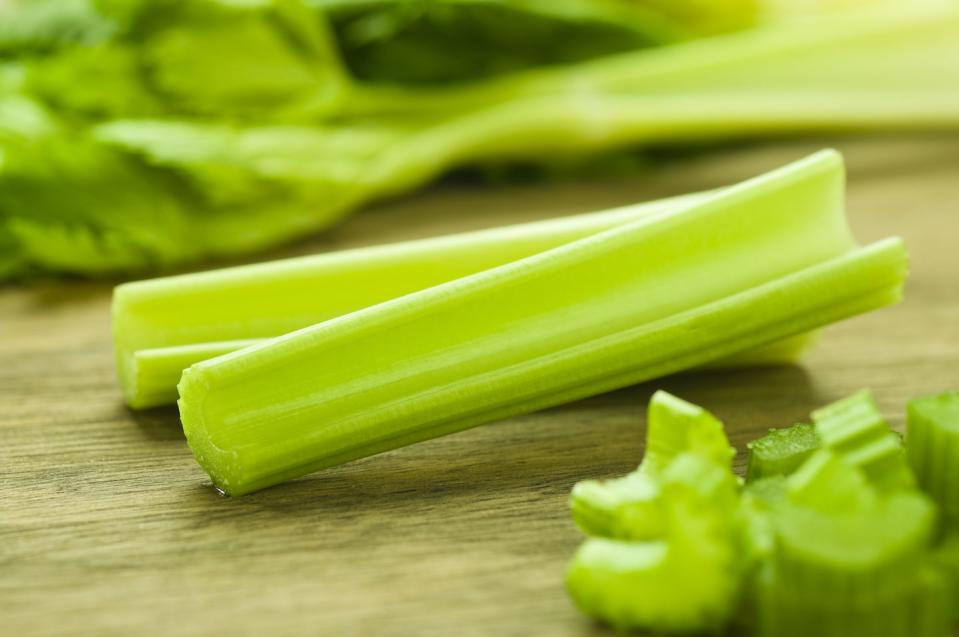
Hippocrates recommended celery to eliminate excess fluid. Now scientists have identified that the phthalides in celery contribute to its diuretic effect.
5. Cranberries

Native Americans identified the diuretic effects of cranberries, using them to treat a number of conditions including scurvy, which they believed was caused by too much salt. Cranberry juice has been used by women worldwide to prevent and treat UTIs and other bladder disorders, although research results have been mixed.
While the jury is out on cranberries' antibacterial effect, as a diuretic, cranberries are especially beneficial for removing fluid without eliminating potassium.
6. Cucumbers
Cucumbers have sulfur and silicon which increase urination by stimulating the kidneys into better removal of uric acid. Loaded with water and potassium and low in sodium, cucumbers also inhibit the production of nitric acid and inflammatory enzymes, thus reducing swelling. That's why cucumber slices can be used to soothe under-eye puffiness.
7. Garlic
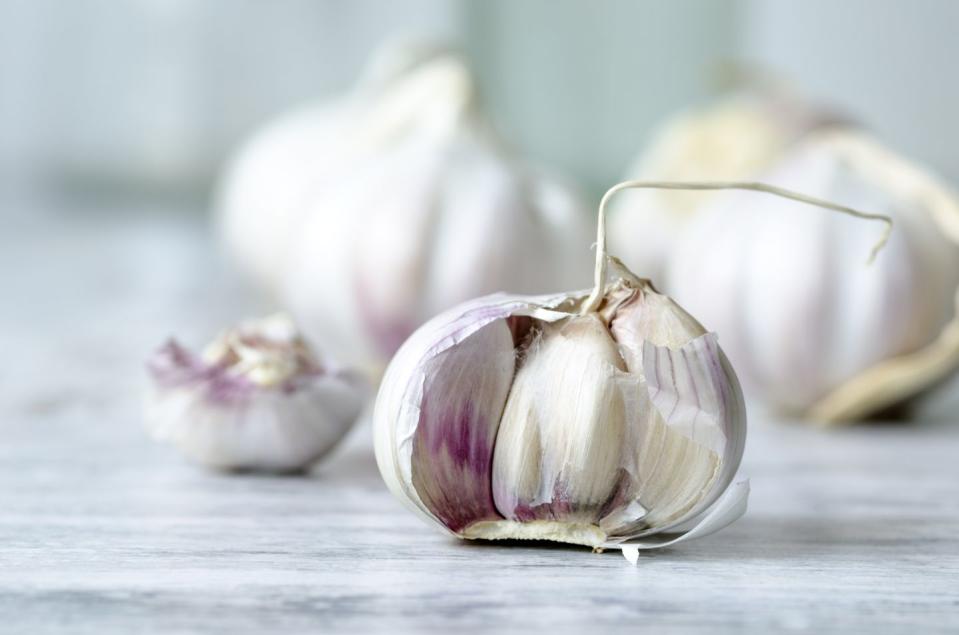
The same sulfur-based chemical that gives garlic its distinctive smell, allicin, gives it medicinal properties as well. The International Journal of Pharmaceutical Sciences and Research found garlic to be effective as a diuretic. It is also works a potent antioxidant and contributes to the breakdown of fats.
8. Parsley
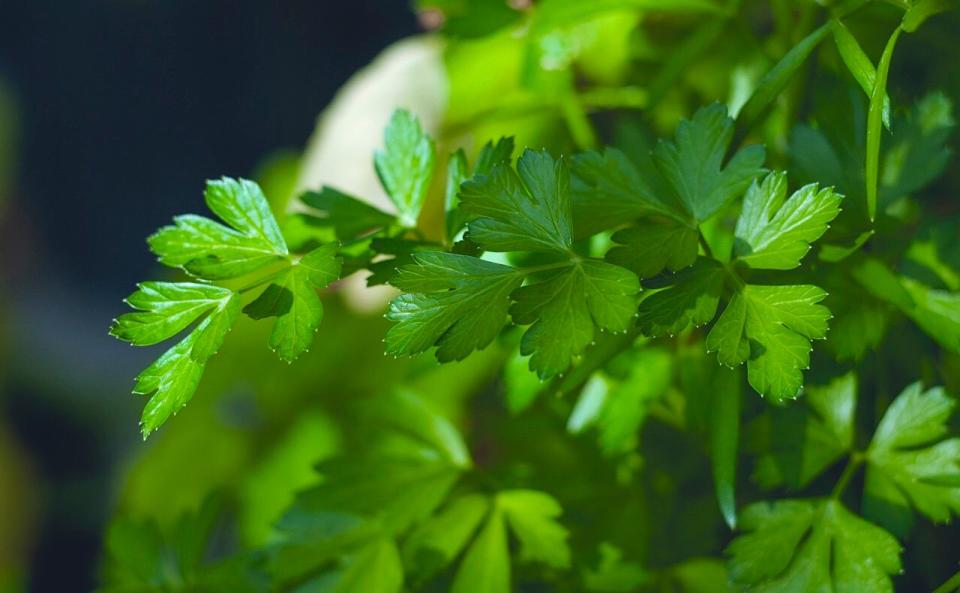
Parsley, especially as a tea, is a traditional remedy for water retention. Parsley reduces the reabsorption of sodium and potassium salts in the kidney. This causes increased urine volume, which helps reduce bloating.
9. Watermelon
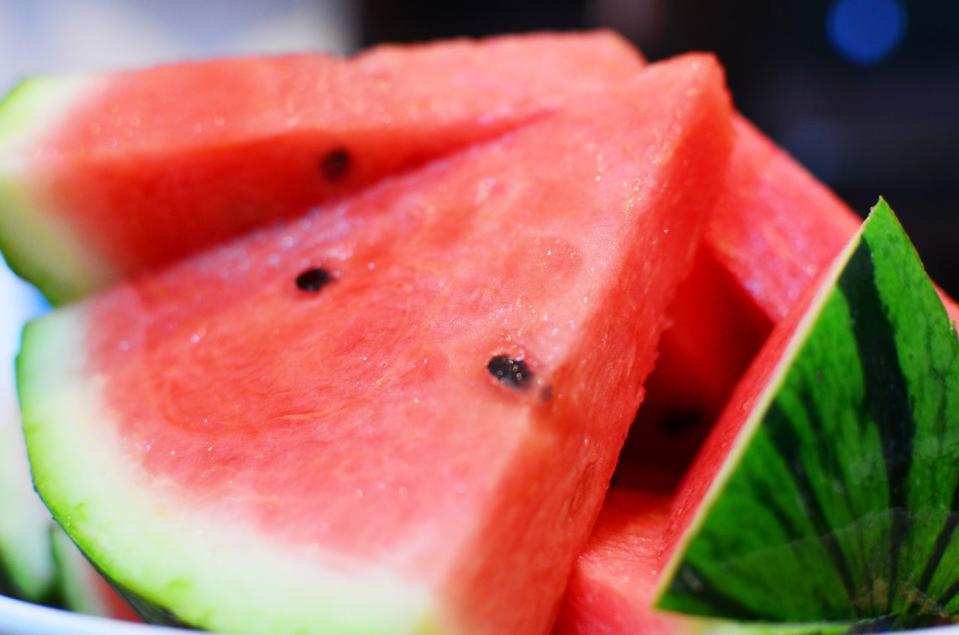
Watermelon, with its 92% water content and high potassium content, also has diuretic properties. It contains an amino acid which relaxes blood vessels and keeps fluids from leaking into nearby tissue, which reduces the retention of water.
('You Might Also Like',)


